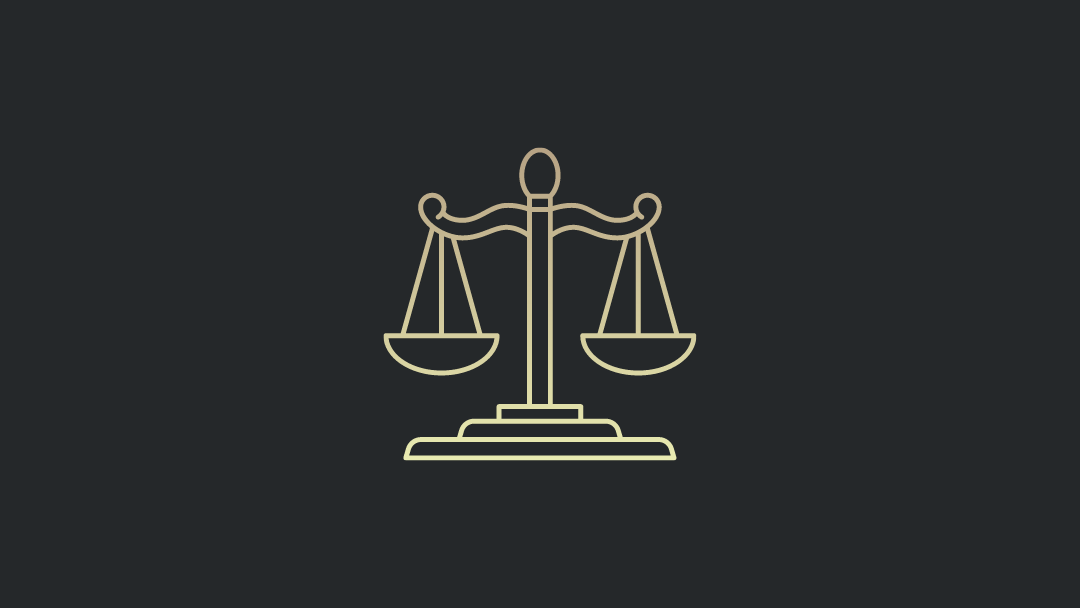The Australian Government has recently implemented changes to legislation in response to COVID-19 and to help the economy withstand and recover from the economic impact of Coronavirus. While the new restrictions affect our day-to-day lives, the available relief attempts to alleviate strain caused to businesses and individuals.
JobKeeper stimulus legislation
Last night, the Australian Parliament passed the COVID-19 wage subsidy bill, aka JobKeeper stimulus legislation, worth $130bn. This is the biggest subsidy provided by the Commonwealth in history and provides for a $1,500 fortnightly JobKeeper payment to keep Australians in jobs during the COVID-19 crisis.
Small businesses may now register to receive the $1,500 subsidy which can enable them to keep paying their employees if revenue has declined by 30% due to COVID-19 (which needs to be verified by one month or quarterly turnover statistics in comparison to 1 year ago). Other alternative measures may apply. The payment will be available for up to 6 months for each eligible worker who was employed on or before 1 March 2020 and continues to work for the business. Businesses will receive the first subsidy payments from the beginning of May.
The stimulus included a number of updates to the FairWork Act which will be relevant to all businesses, including companies, partnerships, trusts, sole traders, not-for-profits and charities.
National Mandatory Code of Conduct for Commercial Tenancies
This week also marked the introduction of the new national Mandatory Code of Conduct for commercial tenancies. The Code sets out good faith leasing principles for retail, office and industrial tenancies where the tenant is an eligible business for the JobKeeper programme. Further requirements for eligibility include suffering financial hardship and operating under the $50 million annual turnover limit.
The Code will aid negotiations for existing leases and help minimise the impact and disruption caused by COVID-19. It aims to share the financial risk of tenancies and balance the interests of both tenants and landlords, meaning the arrangements will be bespoke and tailored on a case-by-case basis. To ensure business continuity, and to facilitate resumption of normal trading as soon as possible, landlords and tenants are encouraged to negotiate in good faith to reach appropriate leasing arrangements.
These appropriate measures should be applied to commercial tenancies during COVID-19 as soon as possible:
- Landlords must not terminate leases for non-payment of rent;
- Tenants must remain committed to the terms (and necessary amendments) of their lease. Failure to do so will forfeit any protections under the Code;
- Landlords must offer tenants rent reductions, waivers and deferrals of 50% – 100% of the reduction in turnover of the tenant proportional to the reduction of rent as required on a case-by-case basis. This takes into account the financial ability to do so of both the tenant and the landlord;
- No fees, interest or other charges should be applied to rent deferrals;
- Payment of deferrals must be made over the balance of the lease term for a period of no less than 24 months (whichever is greater);
- Payments of deferrals should not commence until COVID-19 pandemic ends;
- Landlords must not draw on a tenant’s security for the non-payment of rent;
- Landlords must seek to share any benefit it receives due to deferral of loan payments; and
- Landlords must freeze rent increases until COVID-19 pandemic ends.
If landlords and tenants cannot reach an agreement, the matter should be subject to binding mediation. If you would like any more information on a commercial tenancy, please contact a member of the Cheney Suthers team.

